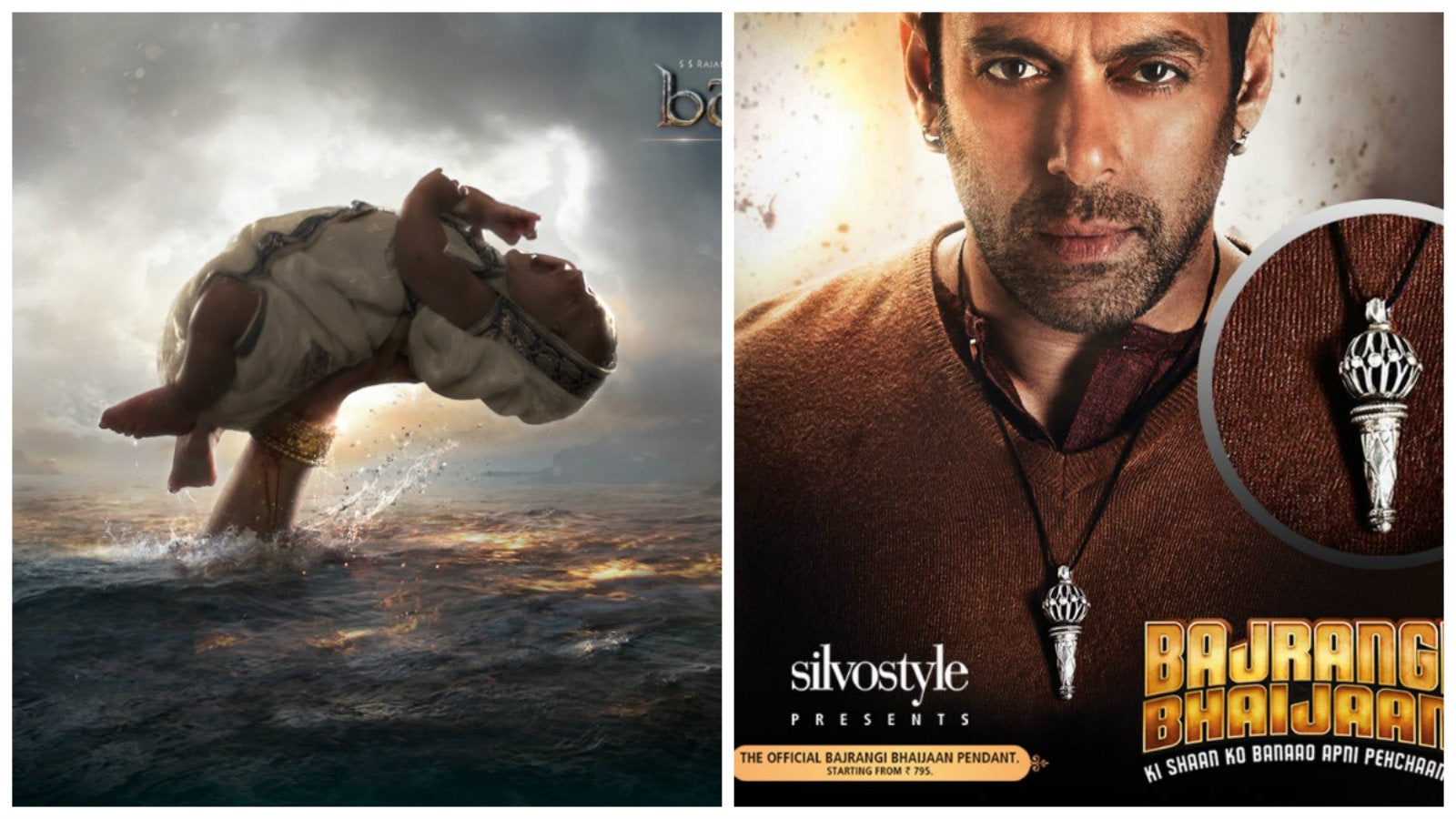Meet the 72-year-old grandfather who scripted this year’s biggest blockbusters in India
In the mid-nineties, he started penning stories out of financial need. Now, within weeks of each other, two of his films have made more than $100 million.


In the mid-nineties, he started penning stories out of financial need. Now, within weeks of each other, two of his films have made more than $100 million.
K V Vijayendra Prasad is the 72-year-old scriptwriter of Bajrangi Bhaijaan and Baahubali—two of the biggest blockbusters ever made in India. (“Let me correct you. I am 72 years young,” he told Quartz.)
On July 25, the multilingual film Baahubali grossed Rs401 crore in box office collections worldwide. The Bollywood film Bajrangi Bhaijaan, on the other hand, has collected Rs250 crore in India.
Prasad—who started his career in Tollywood, the Telugu film industry—is from Kovvur, in Andhra Pradesh, but spent most of his life working as a farmer in Karnataka. However, he wasn’t able to make enough money to look after his family. In the mid-eighties, he moved to Chennai to try his luck in regional films.
“That’s how I entered films,” Prasad told Quartz. “It was out of a struggle for existence. I didn’t have any livelihood then.”
After a decade of odd jobs and an unsuccessful attempt at directing a film, Prasad took to writing in 1994. Besides these two back-to-back successes this year, he has contributed to Indian cinema with more than 15 hits.
“That’s because I have a flair for telling lies. A story is nothing but a series of lies. And I can lie very beautifully,” he said.
Prasad has a son and a daughter—and three grandchildren.
Penning the stories
Bajrangi Bhaijaan and Baahubali—to say the least—belong to different genres, are set in different eras, and evoke different reactions.
Bajrangi Bhaijaan is the story of a naive villager who becomes a hero in the eyes of Indians and Pakistanis alike when he safely brings a mute Pakistani girl back to her hometown, while Baahubali is an epic tale—complete with a grand-scale battle between two warring brothers for an ancient kingdom.
Hence, the ideas, the inspirations, and the process of penning the two stories were different, too.
Bajrangi Bhaijaan was inspired by a real-life incident. “Five or six years ago, a Pakistani couple came to India with their little girl who had a hole in her heart. The operation was to cost them Rs10-15 lakh. They couldn’t afford it, and a hospital in Chennai, after finding out about their plight, carried it out for free,” Prasad said.
“They were so grateful, especially because they said all their friends and relatives never visit India because they think badly about it,” he added. “But they said there was so much difference between what you hear and what you see.”
The incident became Prasad’s inspiration to make a film that tried to bridge the gap between India and Pakistan. Bajrangi Bhaijaan was released in Pakistan to one of the highest box office collections for any Bollywood film. It scooped up Rs38 crore in its first week in Karachi and Islamabad alone.
In the case of Baahubali, the process of writing hasn’t really stopped yet. Prasad is currently working on the second part of the film, which will be released next year.
Prasad’s son S S Rajamouli is the director of the film and began making it even before the story reached its conclusion.
“He (Rajamouli) told me, ‘I want a big waterfall in my film. I don’t know how you will bring it.’ Then I had to create a reason why a waterfall should exist, and weave that into my story,” he said.
Baahubali isn’t inspired by any Indian epic but its characters are. For instance, the hero was drawn from Mahabharata‘s Bheem.
Finding the hero
Their differences aside, both films treat the hero as superhuman.
While Prasad wrote the story of Baahubali keeping Telugu superstar Prabhas in mind, he did not imagine that Bollywood star Salman Khan could be his Bajrangi Bhaijaan.
The role was reportedly offered to some of the biggest names in Indian films—including Rajinikanth, Aamir Khan, Allu Arjun, and Puneeth Rajkumar.
“But they couldn’t really connect to this man, or they had other commitments,” Prasad said.
Finally, the story landed with Khan. ”I don’t consider Salman’s acting ability as top notch. But he is that character. He lived it, and so the audience could connect to the story,” he added.